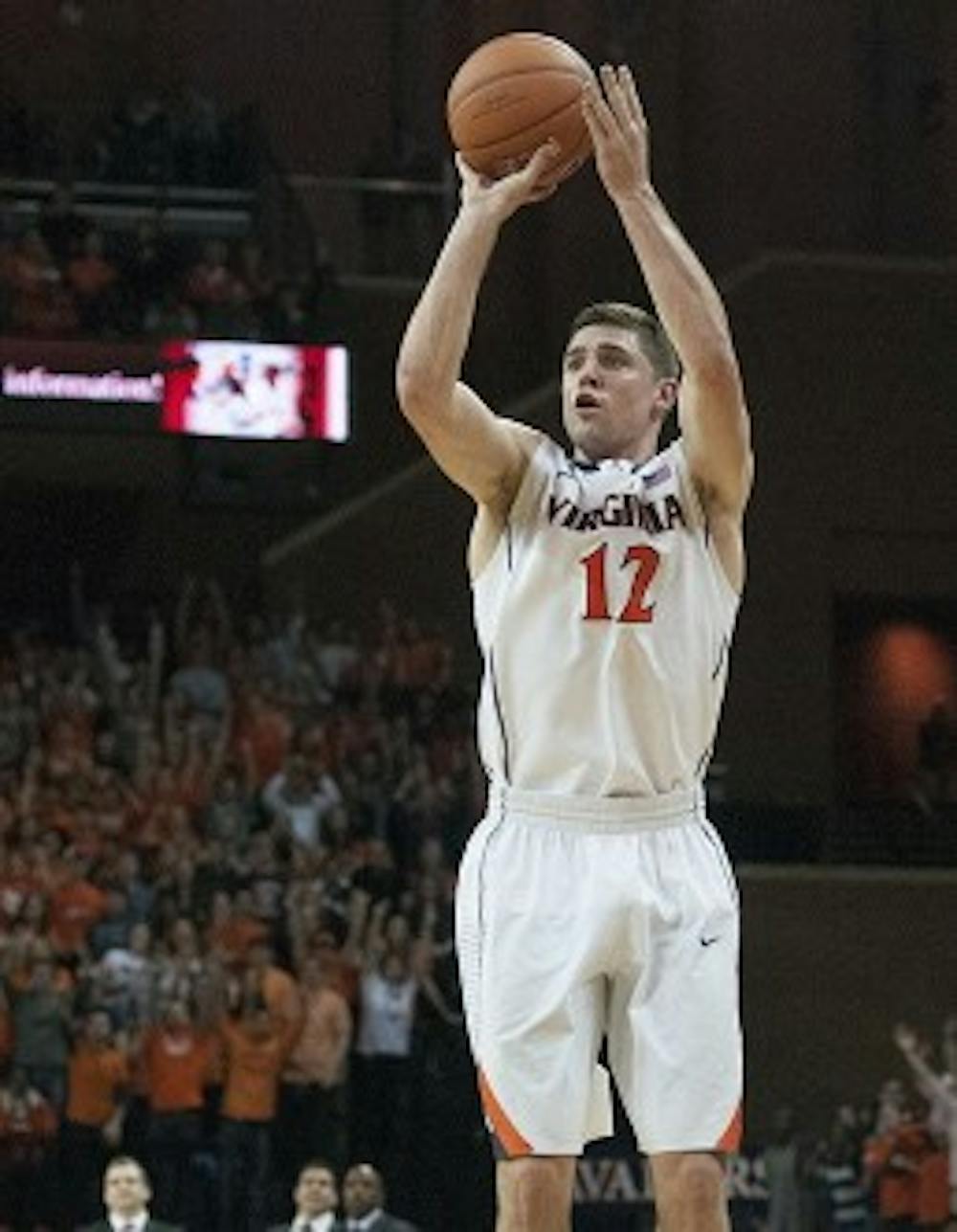As both the men’s and women’s basketball teams open their seasons Friday, many players aspiring to become professional basketball stars will take the floor.
The chances of collegiate basketball players succeeding to the professional level are slim. Only 0.9 percent of women and 1.2 percent of men ultimately advance from college to a professional level, according to a report published by the NCAA.
The numbers are similar for football and men’s ice hockey. Baseball players are most likely to advance to professional leagues, with almost 10 percent of baseball players moving forward. This is, in part, due to Major League Baseball’s expansive minor-league system.
There are currently three former University players on NBA rosters: Cleveland Cavaliers shooting guard Joe Harris, Atlanta Hawks power forward Mike Scott and Justin Anderson, rookie shooting guard for the Dallas Mavericks.
Darion Atkins, who graduated in May, currently plays in the NBA Developmental League for the Westchester Knicks. Monica Wright, a 2010 University graduate and guard for the Seattle Storm, is the only former Virginia player currently playing in the WNBA.
If not selected for NBA, WNBA or any developmental leagues, some players choose to travel abroad to play in foreign professional leagues. Akil Mitchell, former center for the men’s basketball team who graduated in 2014, now plays in France in the LNB Pro-A league.
La'Keshia Frett Meredith, assistant coach for the women’s basketball team, has played professionally both domestically and abroad. Meredith first played in the American Basketball League, then the WNBA for seven years, and then abroad.
Meredith, who acts in an advisory role for athletes considering making an attempt to play professionally, said the most important advice she imparts is the understanding that basketball is no longer an extracurricular activity, but a livelihood.
“The biggest difference [prospective players] need to understand is that [basketball] is your livelihood,” Meredith said. “You have to make a team, you have to perform, that’s how you are earning money.”
The difference between advising women and men on their choice to continue playing basketball lies in the fact that the WNBA, unlike the NBA, requires its players play all four years in college before declaring for their draft, Meredith said.
“Girls don’t make enough for [early declaration] to be a life-changing thing,” Meredith said. “We’re telling them that ‘you need your education.’ If [playing professionally] doesn’t work for you, then you have something else to do.”
The University does not currently provide an official office to advise athletes looking to go pro. Both Meredith and Jim Daves, University assistant athletic director for media relations, said coaches provide this sort of guidance to their players.
“The individual student-athlete (and their family) make a decision on where to solicit advice regarding agents,” Daves said in an email statement. “If requested, the sport coach can assist them based on their knowledge of the process. Student-athletes will likely consult with their college coaches regarding this decision, but that is their personal choice.”







